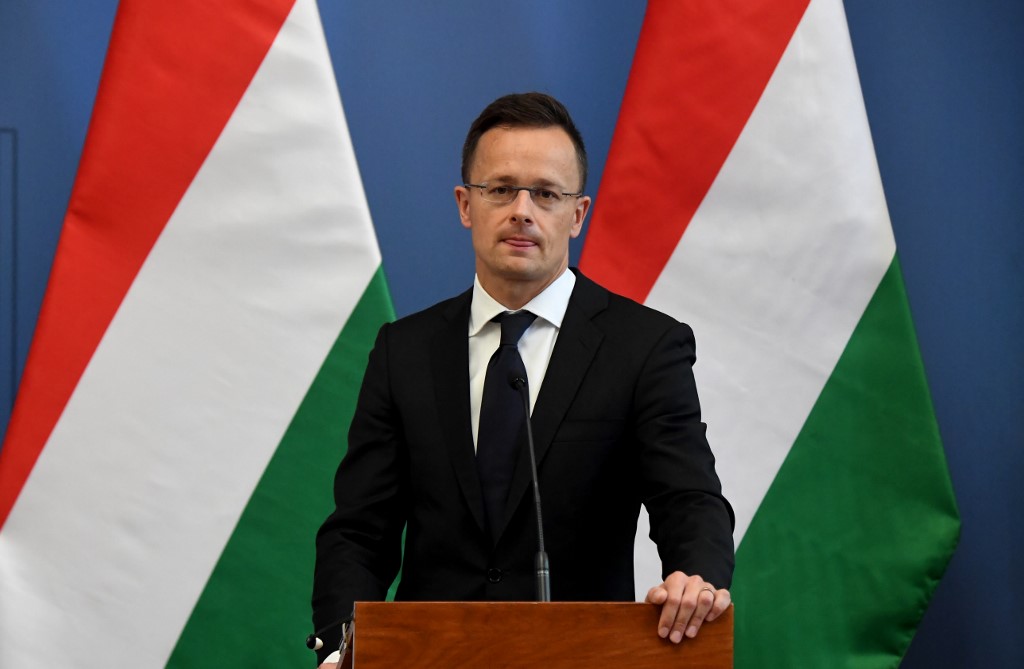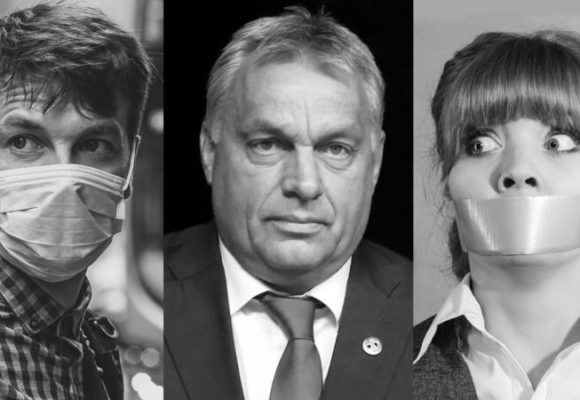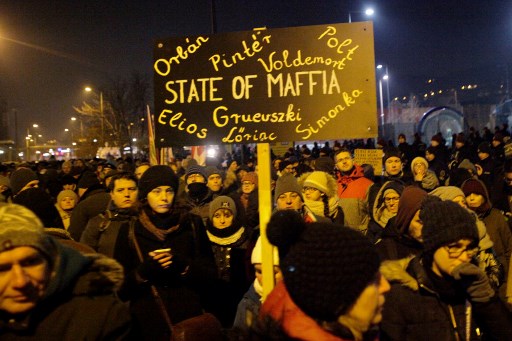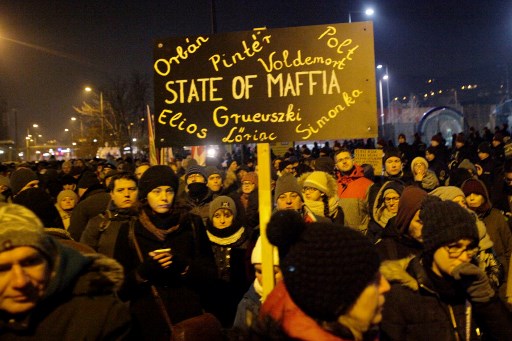Hungarian foreign ministry lists journalists’ trips abroad
In a letter dated 2 June 2020, József Magyar, the Hungarian deputy secretary of state for development of European affairs at the ministry of foreign affairs and trade, asked Hungarian embassies in the European Union to provide information about the professional visits of Hungarian journalists to the respective EU countries. The letter, unveiled on 21 September by the online news platform Telex, requests embassies to report professional visits, training courses and research trips for Hungarian journalists in recent years. Hungarian representations were asked to report when these trips abroad took place, which Hungarian media participated, and which organisations or press…
















